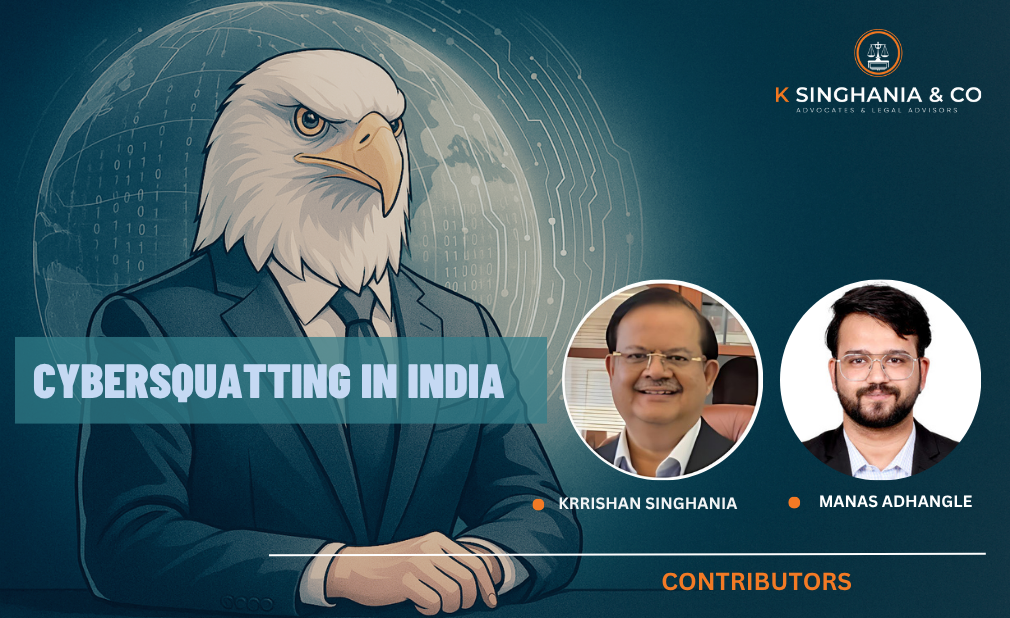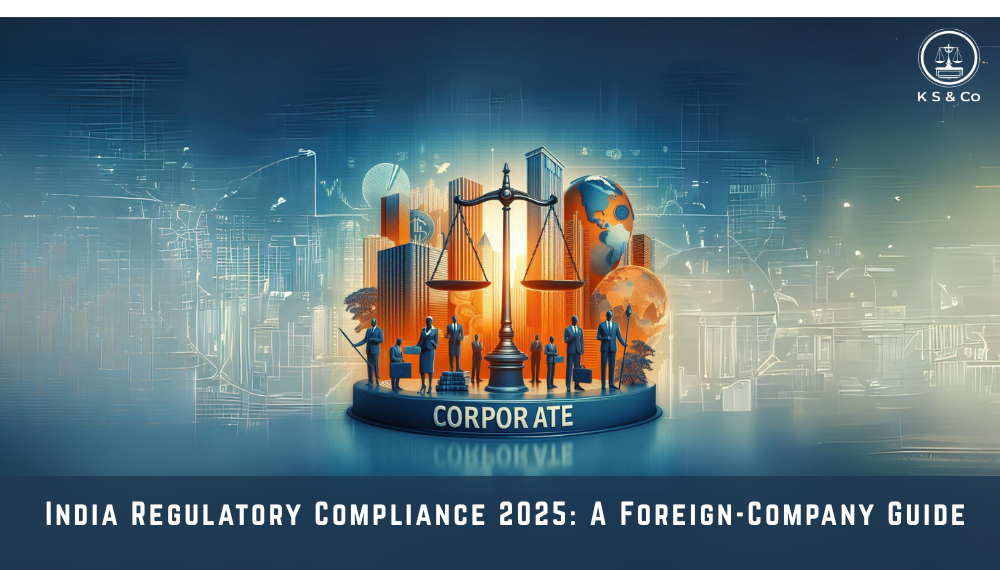In the midst of pandemic, with easing of restrictions, Industries and Companies are trying to get back on the wagon. However, this has also given rise to trade disputes of diverse nature and complex character involving huge stakes. In this newsletter our endeavour is to highlight the recent updates in the branch of Arbitration law, culling out the various nuances in order to caution the commercial guild.
Hon’ble Supreme Court clarifies that Appeal under Article 136 can be filed only on limited grounds in arbitration matters where there is statutory scheme.
Hon’ble Supreme Court in its judgment dated 15.10.2020 in case titled “Responsive Industries Limited v Banyan Tree Growth Capital L.L.C & Ors”, observed that an appeal against a foreign award would lie only on an extremely narrow ground. It was held that Article 136 cannot be used to circumvent the statutory scheme which is contained in Section 50 of the Arbitration Act of 1996. If an Award is enforced under Section 48 by a learned Single Judge of the High Court, no appeal against such judgment shall lie.
Our Comments:
This judgment passed by Hon’ble Apex Court clarifies that when there exists a statutory remedy and a procedure, parties should not resort to forum shopping. Article 136 cannot be used to bypass a statutory mechanism provided under the Arbitration and Conciliation Act, 1996.
Orissa High Court holds that when parties decide the place of Arbitration, only the High Court having Territorial Jurisdiction over that place can entertain Application under Section 11 of Arbitration Act.
Recently, Orissa High Court vide its judgment dated 09.10.2020 in case titled “ S J Biz Solutions Pvt. Ltd. v M/s Sany Heavy Industry India Pvt. Ltd”, refused to entertain a petition filed under Section 11 (6) of the Arbitration and Conciliation Act of India, 1996 observing that “the Court does not have the territorial jurisdiction to entertain the petition”. In this case, the arbitration clause in the contract between the parties, mentioned that the place of arbitration shall be at Pune. Petitioner contended that Orissa High Court will have jurisdiction to entertain the matter since, it was the court where the request of arbitration was first made. Respondent on the other hand contended that the parties have freedom to choose the place of arbitration under law. And if the parties of the agreement have chosen a particular place as the place of arbitration, only the High Court having territorial jurisdiction over that place would be competent to entertain and decide the application under Section 11 for the appointment of the arbitrator. High Court relying on several judgments passed by Hon’ble Apex Court dismissed the application under Section 11 and held that only that High Court will have jurisdiction, under which the place of Arbitration as decided by the parties in the agreement subsides.
Our Comments:
The judgment is in accordance with the settled principles of law and judicial pronouncements. The Orissa High Court correctly relied on Hon’ble Supreme Court’s rulings in the case of Indus Mobile Distribution Pvt. Ltd. vs. Datawind Innovations Private Ltd. & Ors., (2017) 7 SCC 678, wherein, the Apex Court had revisited the 5-judge bench decision in the case Bharat Aluminium Company (BALCO) vs. Kaiser Aluminium Technical Services Inc., (2012) 9 SCC 552. In the Case of Indus Mobile (supra), the Supreme Court, while analyzing the definition of the ‘Court’ under Section 2 (1) (e) and Section 20 of the Act of 1996, had categorically held that the moment the seat (of arbitration) is designated; it is akin to an exclusive jurisdiction clause.
Novation of contract puts an end to the arbitration clause under it.
Delhi High Court in its judgment dated 22.10.2020 in case titled “Sanjiv Prakash v Seema Kukreja & Ors”, held that if the contract is superseded by another, the arbitration clause, being a component/part of the earlier contract, falls with it or if the original contract in entirety is put to an end, the arbitration clause, which is a part of it, also perishes along with it. This order was passed in a petition under Section 11 (5) of Arbitration and Conciliation Act, 1996 seeking appointment of a sole arbitrator.
Our Comments:
This judgment will have to be tested on the touchstone of doctrine of severability. Doctrine of severability is a useful tool to maintain the sanctity of the institution of arbitration, and the arbitrator’s jurisdiction. It has been mainly applied in circumstances wherein one of the parties has resorted to undue courts interference, merely by alleging certain defaults in the underlying contract, and thereby frustrating the arbitration proceedings. In National Agricultural Coop. Mktg. Federation India Ltd. v. Gains Trading Ltd. (2007) 5 SCC 692, the Supreme Court held that an arbitration clause is a collateral term in the contract, which relates to resolution of disputes, and not performance. Even if the performance of the contract comes to an end on account of repudiation, frustration or breach of contract, the arbitration agreement would survive for the purpose of resolution of disputes arising under or in connection with the contract. Therefore, the ratio as laid down by the Hon’ble Delhi High Court cannot be applied generally, since it will be in clear contrast to the doctrine of severability imbibed under Section 16 of the Arbitration Act.
Delhi High Court recently held that mere submission to exclusive jurisdiction of foreign court does not bar Indian Courts under Section 9 of Arbitration Act.to grant interim relief
Recently, vide judgment dated 23.10.2020 , Hon’ble Delhi High Court has held that the parties’ mere submission to the exclusive jurisdiction of a foreign court in an arbitration agreement does not take away the jurisdiction of Indian courts under Section 9 of the Arbitration and Conciliation Act in view of the proviso to Section 2(2). In this case, Petitioner and Respondent were parties to lease agreements in connection with an aircraft. While Petitioner provided scheduled air operator services, the Respondent was engaged in the business and lease of aircraft. Disputes arose between the parties, as a result Petitioner moved the High Court under Section 9 of the Act for grant of interim relief. Respondent objected that High Court do not have jurisdiction since parties had agreed to subject themselves to jurisdiction of courts at Singapore. It was stated that the seat of arbitration is Singapore. Rejecting the objections, Hon’ble High Court observed that there could be little doubt that once the “seat of arbitration” is fixed as Singapore, courts at Singapore would have exclusive jurisdiction to supervise the arbitral proceedings. However, the Court observed that exclusive jurisdiction of courts at Singapore do not oust the jurisdiction of Indian Courts to grant interim relief under Section 9 of Arbitration Act. It was further held that the lease in question was executed much after the introduction of the proviso in Section 2(2) in 2019 and yet, there was no specific clause to suggest to the contrary.
Our Comments:
This court was correct in holding that the jurisdiction of Indian Courts under Section 9 is not oust from the mere fact that the parties have submitted to the exclusive jurisdiction of foreign courts. It rightly holds that interim protection and interim orders can be granted by the Courts in India even in matters where foreign courts have jurisdiction.
Amazon wins emergency relief in Singapore.
An emergency arbitrator in Singapore has ordered an Indian conglomerate to pause the US $3.4 billion sale of retail businesses until Amazon’s bid to stop the deal is heard by a Singapore International Arbitration Centre (SIAC) Tribunal. The Arbitrator restrained Future Group and Reliance Industries Limited from proceeding with a Rs 24,713-crore deal signed in August for Future Retail to sell its retail, wholesale, logistics and warehousing units to Reliance Retail and Fashionstyle. The emergency order by the Singapore International Arbitration Centre (SIAC) came on a plea from global e-commerce giant Amazon. Under the rules of SIAC, parties can move SIAC to appoint an emergency arbitrator to get urgent interim relief, even as the process of appointment of the main arbitral tribunal is underway. Accordingly, pursuant to Amazon’s request, an Emergency Arbitrator was appointed by SIAC, who after hearing the parties passed the emergency award.
Our Comments:
Currently under Indian law, there is no express mechanism for enforcement of the orders of the Emergency Arbitrator. Typically, the parties voluntarily comply with the Emergency Award. However, if the parties don’t comply with the order voluntarily, then the party which has won the emergency award, in this case Amazon, can move the High Court in India under Section 9 of the Arbitration & Conciliation Act, 1996, to get similar reliefs as granted by the Emergency Arbitrator. In the past, High Courts in India have passed orders which indirectly enforced the reliefs granted by the Emergency Arbitrator.
Follow our content on LinkedIn #ksinghaniaco






